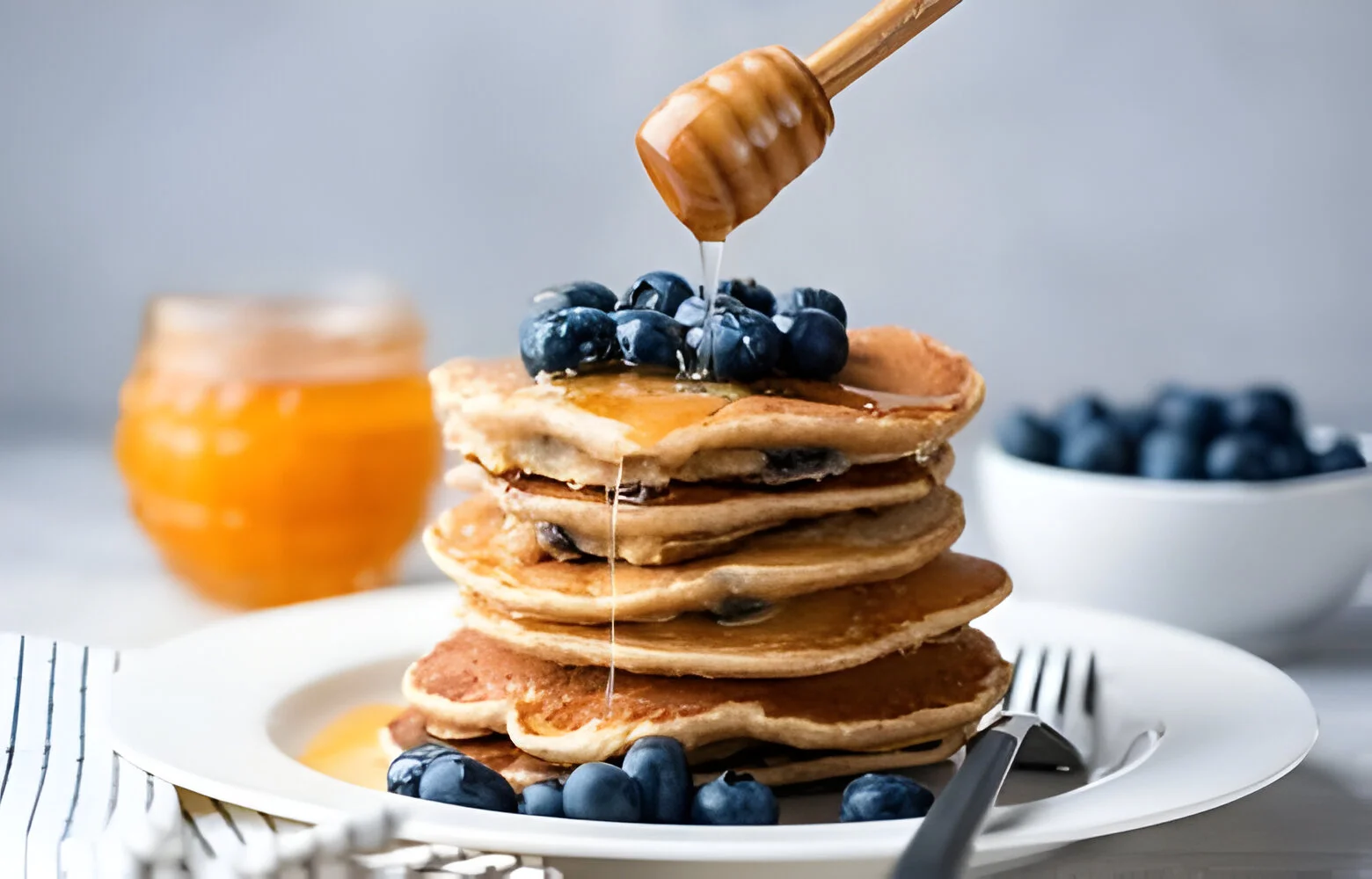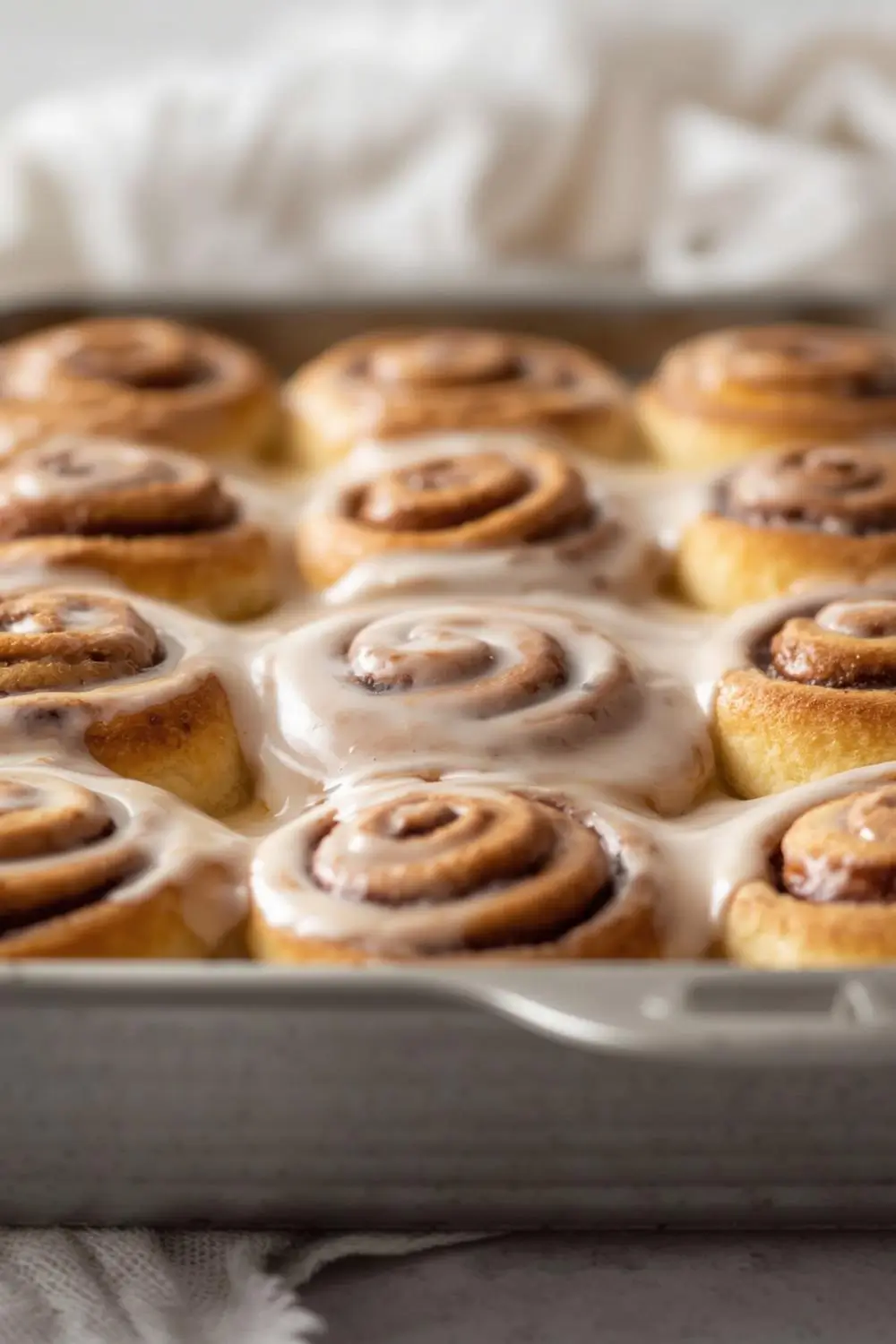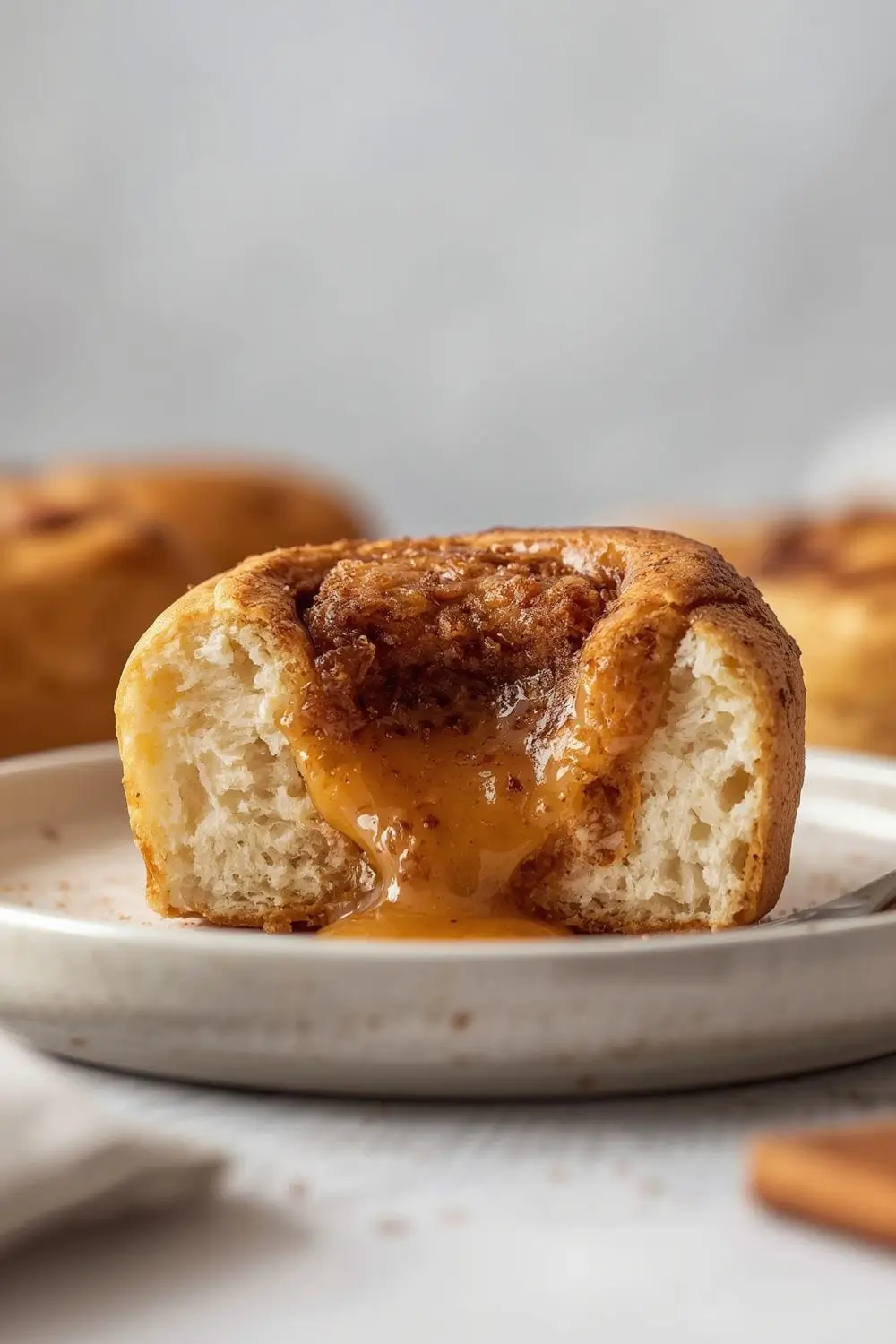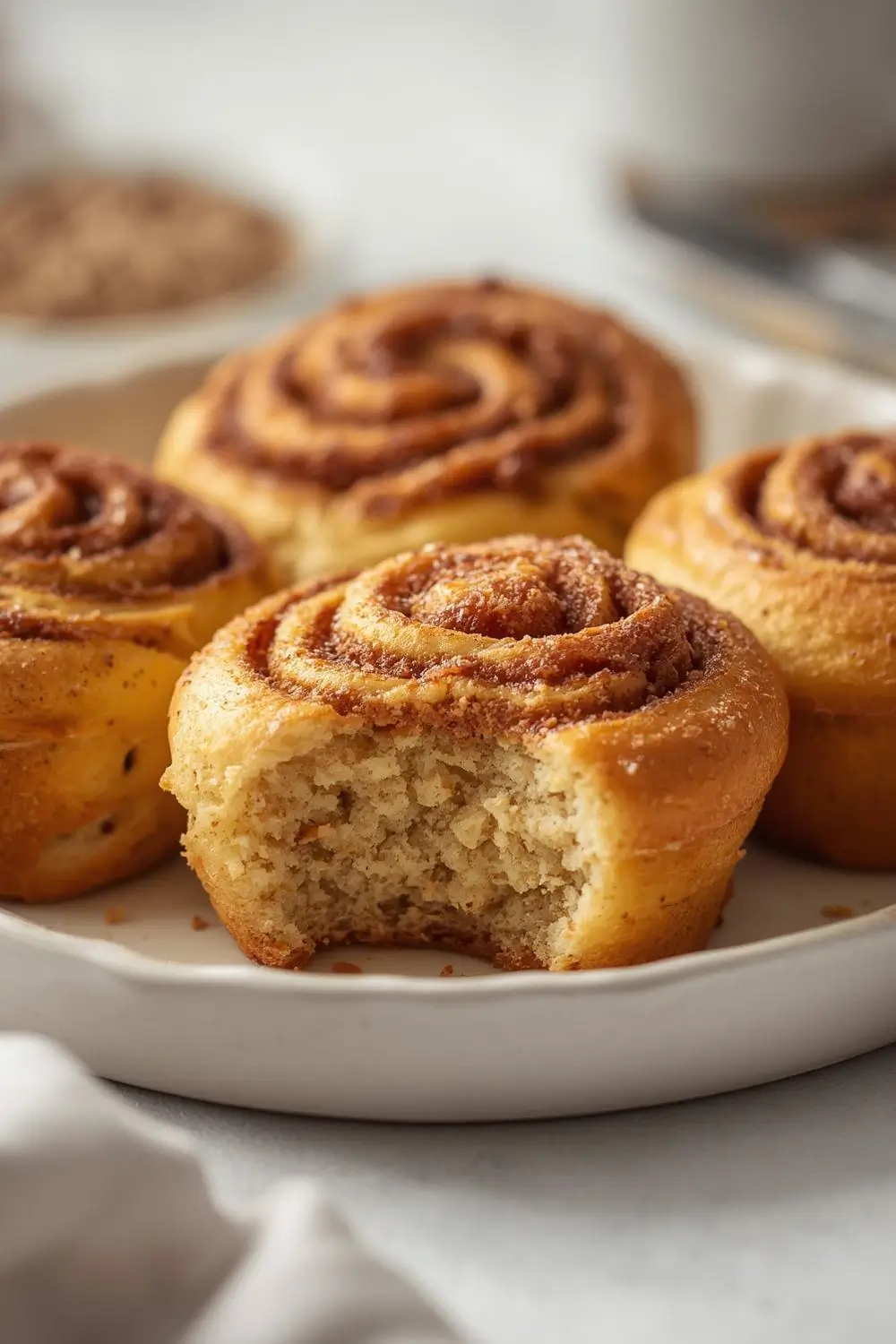Table of Contents
In today’s health-conscious world, breakfast options are more scrutinized than ever before. One dish that frequently appears in discussions about nutritious morning meals is oat pancakes. Known for their hearty texture and versatility, oat pancakes are not just another wellness trend. They represent a shift toward healthier, more sustainable eating habits.
But the big question remains: Are oat pancakes good for you? In this article, we’ll dive deep into the nutritional profile of oat pancakes. We’ll explore their health benefits and how they compare to traditional pancakes. You’ll also discover easy recipes and creative ways to enjoy them. Plus, we’ll address any potential downsides. By the end of this exploration, you’ll have everything you need to know about this wholesome breakfast option.
What Are Oat Pancakes?
Oat pancakes, a delightful twist on the classic breakfast staple, are made from whole rolled oats rather than traditional flour. This not only imbues them with a unique texture but also packs them with a nutritional punch that’s hard to beat.
The Basic Ingredients
At their core, oat pancakes consist of whole rolled oats, Greek yogurt, eggs, baking powder, and a touch of maple syrup for sweetness. Some variations might include avocado oil for richness and almond milk to blend everything into a smooth batter. The beauty of oat pancakes lies in their simplicity and the power of their ingredients.
The Popularity of Oat Pancakes
Why have oat pancakes become such a sought-after breakfast choice? Well, it’s no mystery! With an increasing number of people looking for gluten-free and heart-healthy meal options, oat pancakes hit the mark perfectly. They offer a high-fiber solution to the morning routine, providing a low-calorie yet filling meal that sustains energy levels throughout the day. Moreover, their versatility in recipes and toppings makes them a hit among culinary enthusiasts and nutrition-conscious individuals alike.
The transition to oat pancakes from more traditional options reflects a broader trend towards nutritional benefits and health advantages in dietary choices. As we move forward, we’ll dive deeper into the nutritional profile of oat pancakes and how they contribute to a balanced diet. Stay tuned to uncover how this wholesome breakfast can be a game-changer in your daily routine.
Are Oat Pancakes Nutritious?
When we peel back the layers of our beloved oat pancakes, we discover a treasure trove of nutritional benefits. These pancakes aren’t just a treat for the taste buds; they’re a boon for the body too. Let’s delve into the macronutrients and micronutrients that make oat pancakes stand out in the breakfast crowd.
Macronutrients and Micronutrients
Oat pancakes, rich in complex carbohydrates, provide a steady release of energy, keeping you powered through the morning. Unlike simple carbs found in traditional pancakes, the complex carbs in oats help maintain stable blood sugar levels. But that’s not all – each bite is also packed with fiber, which aids digestion and promotes a feeling of fullness, helping to curb those mid-morning snack cravings.
Moreover, when you add ingredients like Greek yogurt and eggs, the protein content gets a significant boost. Protein is essential for muscle repair and growth, making oat pancakes a great post-workout meal. And let’s not forget the micronutrients; oats are a good source of essential vitamins and minerals, including iron, magnesium, and B vitamins, which support energy metabolism and nervous system health.
Comparison With Traditional Pancakes
Now, you might be curious about how these fiber-rich pancakes compare to their traditional counterparts. The contrast is quite striking! Classic pancakes, often crafted from refined flour, miss out on the rich fiber and essential nutrients that oats bring to the table. While traditional pancakes might offer an immediate burst of energy due to their sugar content, this is often short-lived, leading to a rapid energy dip. However, pancakes made from oats provide a steady source of energy and a host of health benefits, positioning them as an excellent choice for anyone aiming to kickstart their day healthily.
So, when you’re contemplating your next breakfast choice, keep in mind that these oat-based pancakes are more than just a tasty option – they’re a nutritional treasure trove. As we proceed, we’ll delve deeper into the specific health benefits they offer, illustrating why they might just be the top breakfast selection available. Get ready to discover how incorporating these pancakes into your morning routine can support a healthier heart, aid in weight management, and much more.
Health Benefits of Eating Oat Pancakes
Oat pancakes are not just a delightful breakfast option; they’re a vessel of numerous health benefits. By incorporating oat pancakes into your diet, you’re not just satisfying your hunger; you’re actively contributing to your overall well-being. Let’s break down the various health advantages that these fluffy treats offer.
Heart Health
Oats are renowned for their heart-healthy properties, primarily due to their high soluble fiber content, particularly beta-glucan. This type of fiber has been shown to reduce cholesterol levels, particularly LDL (low-density lipoprotein) cholesterol, known as the “bad” cholesterol. Regularly enjoying oat pancakes can, therefore, help lower the risk of heart disease and maintain a healthy circulatory system.
Weight Management
For those keeping an eye on their waistline, oat pancakes can be a game-changer. The high fiber content in oats promotes satiety, meaning you feel full for longer, which can help prevent overeating and snack binging throughout the day. Additionally, the complex carbohydrates in oats provide a steady source of energy, avoiding the rapid spikes and crashes in blood sugar levels that can lead to cravings and weight gain.
Digestive Health
Fiber isn’t just good for keeping you full; it’s also essential for maintaining a healthy digestive system. The fiber in oat pancakes helps regulate bowel movements, preventing constipation and promoting a healthy gut. A well-functioning digestive system is the cornerstone of overall health, affecting everything from mood to immunity.
Gluten-Free Option
For those with celiac disease or a sensitivity to gluten, finding delicious and nutritious breakfast options can be a challenge. Oat pancakes present a wonderful solution, as oats are naturally gluten-free. It’s important, however, to ensure that the oats used are certified gluten-free, as oats can sometimes be contaminated with gluten during processing.
In sum, oat pancakes aren’t just a tasty breakfast choice; they’re a multifaceted health food that can play a vital role in a balanced diet. With benefits ranging from heart health to weight management and digestive wellness, it’s clear that these pancakes are more than just a morning treat. As we move on to the next section, we’ll delve into how to make these nutritious pancakes, offering easy recipes and tips to ensure your oat pancakes are as healthy as they are delicious.
Easy Oat Pancake Recipes
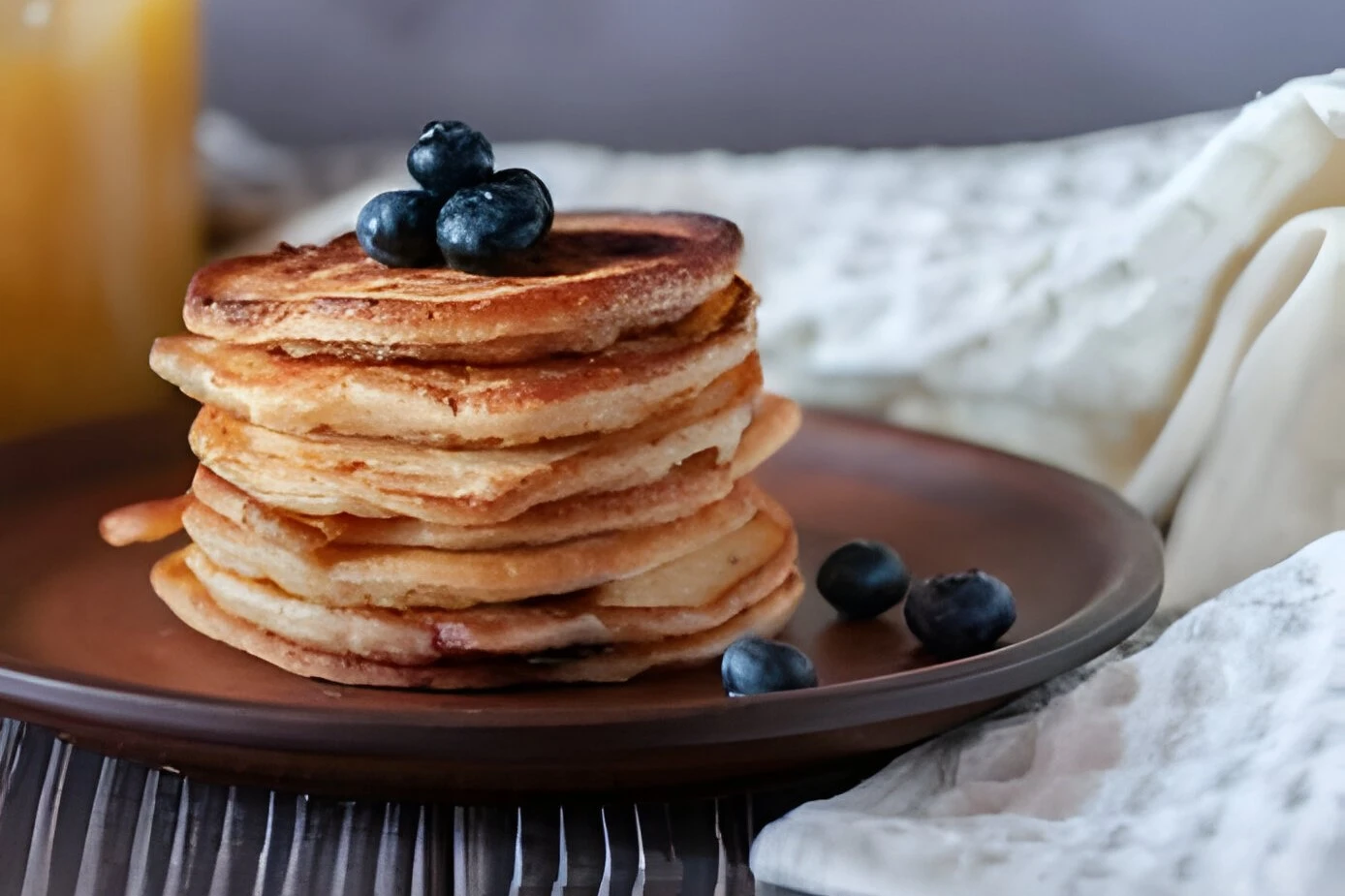
Whipping up a batch of oat pancakes is simpler than you might think, and the versatility of these pancakes means you can easily tailor them to your taste and nutritional needs. Here’s a basic oat pancake recipe to get you started, along with some variations for those following specific dietary preferences.
Basic Oat Pancake Recipe
To create the foundation for your oat pancakes, you’ll need:
- 2 cups of whole rolled oats (ensure they’re gluten-free if necessary)
- 1/2 cup of Greek yogurt for protein and moisture
- 1 large egg to bind the mixture
- 1 tablespoon of maple syrup for a touch of natural sweetness
- 1 teaspoon of vanilla extract and a dash of cinnamon for flavor
- 2 teaspoons of baking powder for fluffiness
- 1/2 cup of almond milk (or any milk of your choice) to adjust the batter consistency
- A pinch of sea salt to enhance all the flavors
Blend the oats in a blender until they reach a flour-like consistency. Add the rest of the ingredients and blend until smooth. Let the batter sit for a few minutes to thicken slightly, then cook on a preheated, lightly greased pan over medium heat. Flip when bubbles appear on the surface, cooking until both sides are golden brown.
Vegan and Gluten-Free Variations
For a vegan version, substitute the egg with a flax egg (1 tablespoon of ground flaxseed mixed with 3 tablespoons of water, left to sit until it gels) and use a dairy-free yogurt alternative. To ensure your pancakes are gluten-free, double-check that your oats are certified gluten-free to avoid cross-contamination.
Customizing Your Oat Pancakes
The real fun begins when you start playing with toppings and fillings. Here are a few ideas to inspire you:
- Toppings and Fillings: Fresh fruits like blueberries, strawberries, or banana slices add natural sweetness and a nutritional boost. For a crunch, sprinkle some chopped nuts or seeds on top. A dollop of Greek yogurt or a spread of almond butter can enrich your pancakes with protein and healthy fats.
- Savory vs. Sweet Options: While oat pancakes are commonly enjoyed with sweet toppings, don’t shy away from savory versions. Skip the maple syrup in the batter and add herbs and spices for a savory twist. Top with avocado slices, a poached egg, or even some smoked salmon for a hearty, savory breakfast.
Exploring various oat pancake recipes and toppings is not just a culinary adventure but also ensures nutritious and exciting meals. With these easy recipes and tips, making oat pancakes to fit your dietary needs is simpler than ever. Next, we’ll address potential downsides, helping you enjoy oat pancakes in the healthiest way possible.
Learn more about: Cracker Barrel Pancake Recipe
Potential Downsides
While oat pancakes are a nutritious and delicious breakfast option, it’s important to consider potential downsides to ensure they fit well into your diet. Awareness is key to enjoying oat pancakes in a balanced and healthy way.
Considerations for Special Diets
Although oat pancakes are naturally gluten-free, those with celiac disease or gluten sensitivity must ensure their oats are certified gluten-free to avoid cross-contamination. Furthermore, individuals with specific dietary restrictions or allergies should modify the recipe accordingly, such as using dairy-free yogurt for a lactose-intolerant diet or flax eggs for a vegan diet.
Overconsumption Concerns
Oat pancakes, while healthier than their traditional counterparts, can still contribute to weight gain if consumed in excess. They are calorie-dense, primarily due to their high oat and protein content. Moderation is crucial; enjoying pancakes as part of a balanced diet that includes a variety of foods is the best approach.
Additionally, be mindful of toppings and additions. Natural sweeteners like maple syrup or honey are healthier options but should be used sparingly due to their high sugar content. Opt for fresh fruits and nuts for added nutrients without unnecessary calories.
FAQs on Oat Pancakes
Let’s answer some common questions about oat pancakes to ensure you have all the information you need to enjoy this healthy breakfast option fully.
Can oat pancakes help with weight loss?
Yes, oat pancakes can be part of a weight loss diet due to their high fiber content, which promotes satiety and helps control appetite. However, portion control and mindful topping choices are essential to ensure they support your weight loss goals.
Are oat pancakes suitable for a gluten-free diet?
Oat pancakes are suitable for a gluten-free diet as long as the oats used are certified gluten-free. Oats are naturally gluten-free but may be contaminated with gluten during processing, so always check the packaging.
How can I make my oat pancakes more flavorful?
Enhance the flavor of your oat pancakes by adding spices like cinnamon, nutmeg, or vanilla extract to the batter. Incorporating fruits, such as mashed bananas or blueberries, can also add natural sweetness and flavor. For savory pancakes, experiment with herbs, cheese, or even finely chopped vegetables.
Conclusion
These breakfast delights offer more than just taste; they’re a nutritious choice promoting a healthier lifestyle. Rich in fiber, essential nutrients, and versatile, they can become a staple in your morning routine. Whether sweet or savory, they offer undeniable benefits for heart health, weight management, and digestion.
The secret to reaping the most from these pancakes lies in balance and moderation. Being conscious of portion sizes and choice of toppings is crucial to preserve their nutritional value. A dash of creativity and a few adjustments can make them suitable for a range of dietary preferences, allowing everyone to indulge in this enjoyable meal. Next time you’re considering breakfast options, think about choosing this simple yet wholesome alternative. It’s a choice that promises to leave you feeling nourished and energized for the day ahead.
Recommanded informations:
- For more information on the health benefits of whole grains, check out this article: exploring the health benefits of whole grains
- If you’re interested in learning more about gluten-free diets, this guide offers valuable guidance: guidance on gluten-free diets
